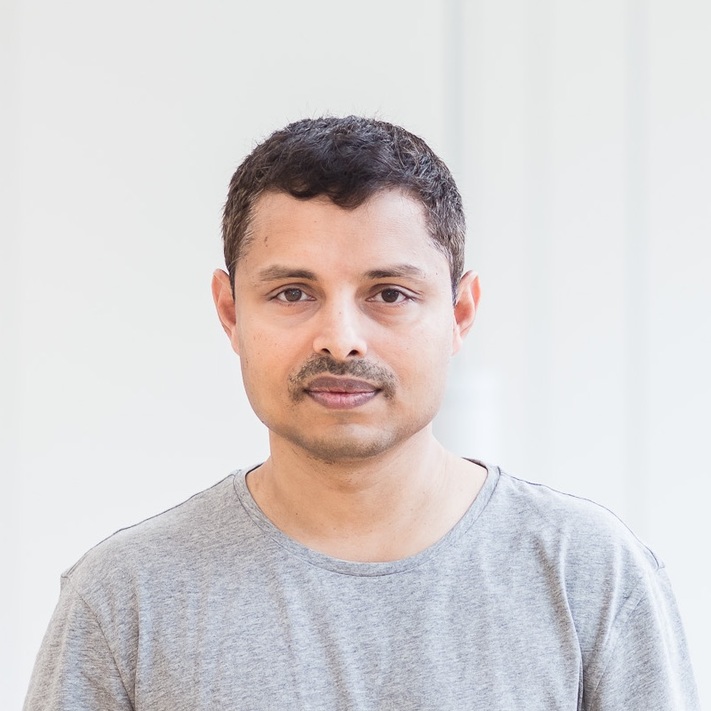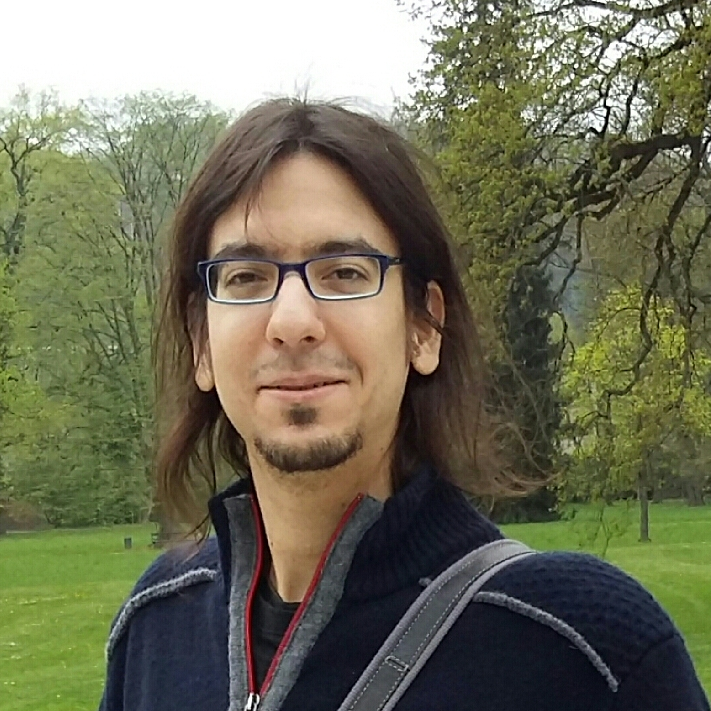Organisation
Program Chairs
 Rahul Gopinath
Rahul Gopinath
CISPA, Saarland University
 Marinos Kintis
Marinos Kintis
University of Luxembourg
Mutation is widely acknowledged as one of the most important techniques to assess the quality of tests. In recent years, mutation has gained popularity both in academia and research, with several companies and research projects attempting to incorporate mutation to the development life cycle. Mutation analysis has traditionally targeted the source code but has also been successfully applied to various artefacts at different levels of abstraction. Examples of such artefacts include: database schemas, finite state machines, various model notations, security policies, software product lines, etc. Mutation has also been employed to solve various research problems including the Test Oracle Problem, Fault Localisation and Debugging, Defect Prediction, etc. To this day, the mutation field continues to expand with an increasing trend of high quality publications.
Mutation 2019 is the 14th in the series of international workshops focusing on mutation analysis. The workshop will be co-located with the 12th International Conference on Software Testing, Verification, and Validation (ICST 2019) and held in conjunction with InSTA and ITEQS. Accepted papers will be published as part of the ICST proceedings.
The Mutation workshop aims to be the premier forum for practitioners and researchers to discuss recent advances in the area and propose new research directions. We invite submissions of both full-length and short-length research papers and especially encourage the submission of industry practice papers.
Mutation is widely acknowledged as one of the most important techniques to assess the quality of tests. In recent years, mutation has gained popularity both in academia and research, with several companies and research projects attempting to incorporate mutation to the development life cycle. Mutation analysis has traditionally targeted the source code but has also been successfully applied to various artefacts at different levels of abstraction. Examples of such artefacts include: database schemas, finite state machines, various model notations, security policies, software product lines, etc. Mutation has also been employed to solve various research problems including the Test Oracle Problem, Fault Localisation and Debugging, Defect Prediction, etc. To this day, the mutation field continues to expand with an increasing trend of high quality publications. The Mutation workshop aims to be the premier forum for practitioners and researchers to discuss recent advances in the area and propose new research directions. We invite submissions of both full-length and short-length research papers and especially encourage the submission of industry practice papers.
Topics include, but are not limited to:
Three types of papers can be submitted to the workshop:
Each paper must conform to the two columns IEEE conference publication format and must be submitted in PDF format via EasyChair. Submissions will be evaluated according to the relevance and originality of the work and to their ability to generate discussions between the participants of the workshop. Three reviewers will review each paper and all the accepted papers will be published as part of the ICST proceedings.
Authors of selected papers will be invited to submit an extended
version of their paper to a special issue on
 Rahul Gopinath
Rahul Gopinath
 Marinos Kintis
Marinos Kintis
| 08:00. |
Registration. |
| 09.00. |
Welcome. |
| 09:15. |
Keynote: Grammars for Mutation Testing. |
| 10.00. |
Coffee. |
| 10:30. |
Estimating the Number of Equivalent Mutants. |
| 10:55. |
PIT-HOM: an Extension of Pitest for Higher Order Mutation Analysis. |
| 11:13. |
An Empirical Comparison of Mutant Selection Assessment Metrics. |
| 11:38. |
Testing When Mobile Apps Go to Background and Come Back to Foreground. |
| 12:04. |
Medusa: Mutant Equivalence Detection Using Satisfiability Analysis. |
| 12.30. |
Lunch. |
| 13.30. |
INSTA. |
| 15.30. |
Coffee. |
| 16.00. |
ITEQS. |
| 16.45. |
Closing. |
Please use the general ICST'19 registration site. Early bird registration available until March 9th, 2019.